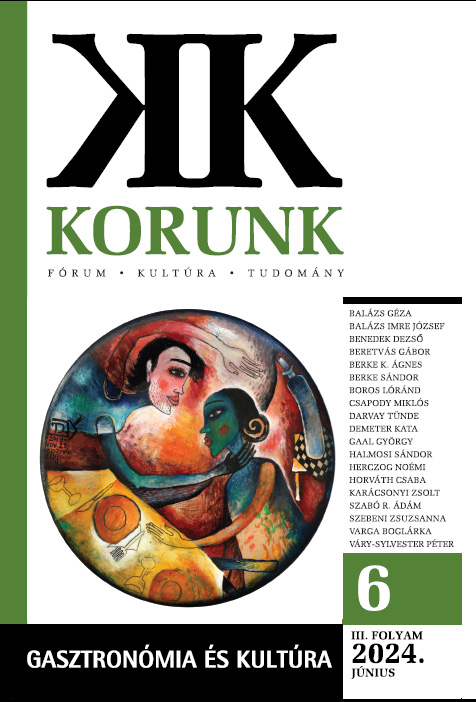A bűnösség heideggeri fogalma
Heidegger’s Concept of Guilt
Author(s): Tamás BeckSubject(s): Philosophy of Law, Ontology
Published by: Korunk Baráti Társaság
Keywords: nothingness; guilt; consciousness; present-at-hand being; responsibility
Summary/Abstract: In this thesis I intend to elaborate on Heidegger’s concept of guilt; doing so by breaking away from the common idea of guilt. Moreover I will attempt to map out how Heidegger employs the concept. This task is inherently difficult, and requires a complex comprehension of the particular interpretation of said concept. Having established that, I will also demonstrate Heidegger’s adaptation of certain everyday phrases to use them as existential terms. Following some reflection on the history of philosophy, I will examine the peculiar structure of existence attributed to man by Heidegger. I believe it’s important to emphasize that the present-at-hand being isn’t self-created; this would suggest that it’s an imaginary, half God-half animal creature. Furthermore, the present-at-hand being’s nothingness manifests itself in its finiteness, the inherent temporality of it. Consciousness, authenticity, and nothingness might just be mere tools of understanding our own inherent sinfulness. This idea rather arises from the structure of the present-at-hand being than being the result of the individual’s own choice. Obviously, this fact does not imply a reduced moral responsibility for the individual’s actions. My thesis is based on a text by one of the greatest Hungarian interpreters of Heidegger, at which, however, I must be looking in a strictly critical manner.
Journal: Korunk
- Issue Year: 2024
- Issue No: 06
- Page Range: 93-100
- Page Count: 8
- Language: Hungarian

